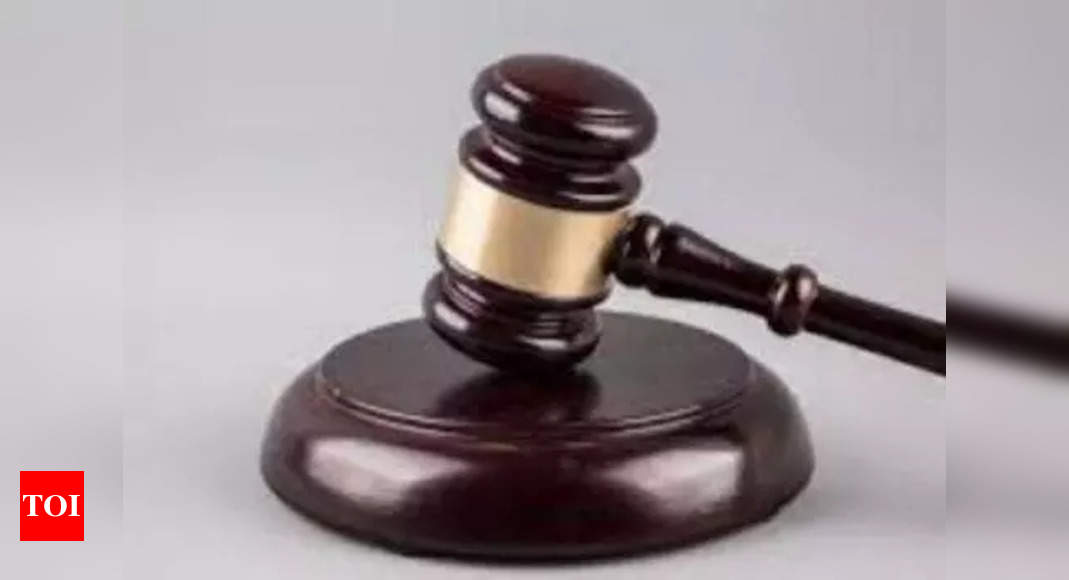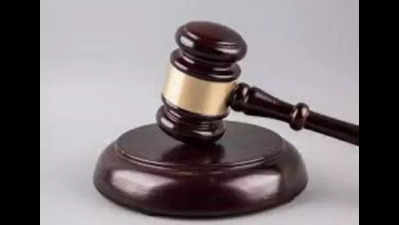New Delhi: The Delhi High Court has directed the Consortium of National Law Universities (NLUs) to revise the results of the CLAT (Common Law Admission Test) 2025 after finding errors in two questions. Justice Jyoti Singh observed that the errors in question nos. 14 and 100 were “demonstrably clear” and instructed a revised merit list.
“Errors in question nos 14 and 100 are demonstrably clear and shutting a blind eye to the same would be injustice to the petitioner, albeit this court is conscious of the fact that it may impact the result of other candidates,” noted Justice Singh.
The court ruled that option ‘C’ for question 14 was the correct answer, extending the benefit to all candidates who selected it. Regarding question 100, the court ordered it to be excluded from the final evaluation, as recommended by an expert committee.
The case stemmed from a petition filed by Aditya Singh, a minor, who challenged the CLAT 2025 answer key for the five-year law course admissions. Singh, with a score of 87, argued that correcting the errors could improve his rank, potentially helping him secure a spot in one of the top three NLUs. He claimed he would likely score 93.25 if the errors were addressed.
The Consortium of NLUs had initially urged the court not to interfere, arguing that a robust internal check mechanism had been followed and the final results were published after careful deliberation by two expert committees. However, the court emphasised that while academic matters generally require restraint, “exceptional cases” involving demonstrably wrong questions must be addressed to avoid injustice. “Most certainly, courts must exercise restraint in interfering in academic matters, including those pertaining to examination. Law does not commend a total ‘hands-off’ approach, but in exceptional cases where questions are found to be demonstrably wrong, the resultant injustice to a candidate must be redressed and undone,” it added.
The court partly allowed Singh’s plea, directing that he be awarded marks for question 14 according to the marking scheme and upheld the decision to exclude question 100.




